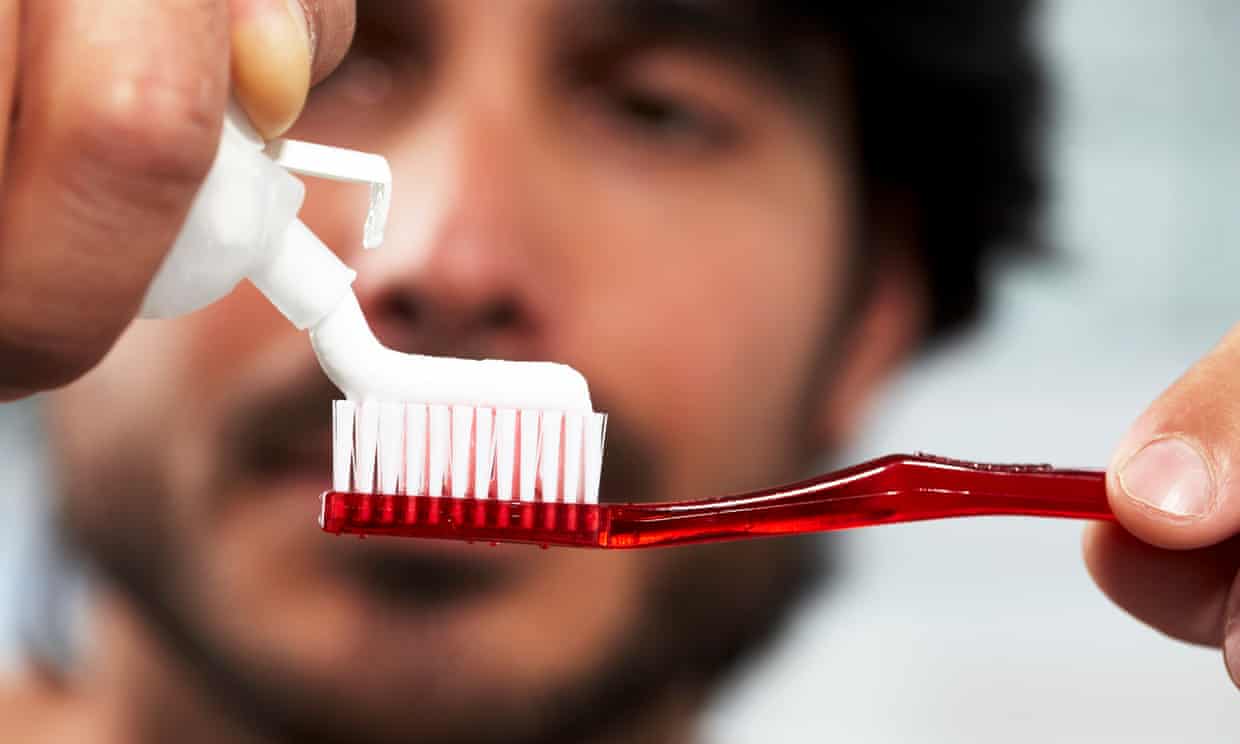The disruption caused by the coronavirus pandemic has led to challenges in accessing routine dental appointments. The British Dental Association estimates a significant reduction in dental treatments, creating concerns about oral health. Here are key insights into dental care during these challenging times:
Risk of COVID-19 at the Dentist:
- Dentists, despite being assumed high-risk for COVID-19, have shown low infection rates (less than 1% in a study of 2,200 US dentists).
- Strict infection control measures in dental practices contribute to their advantage in minimizing transmission.
Adaptations by Dentists:
- Dentists are adapting procedures to reduce the spread of the virus, such as using handheld tools to minimize spray.
- Improved access to services, with reduced "fallow time" after aerosol-generating procedures, allows more patients to be seen.
At-Home Dental Care:
- Focus on preventive measures, as the majority of dental issues are preventable.
- Brush teeth twice a day for two minutes each time, emphasizing morning and night routines.
- Any fluoride toothpaste helps prevent tooth decay and slows existing decay progression.
Electric Toothbrush vs. Manual:
- Brushing technique is more crucial than the tool used.
- Electric toothbrushes with timers or apps can aid in thorough brushing.
Toothbrush Replacement:
- Replace toothbrushes or brush heads every three months, a recommendation often overlooked.
Oral Hygiene and COVID-19:
- Frequent brushing, alongside handwashing, is recommended to reduce coronavirus risk.
- Preliminary studies suggest mouthwash may help kill the virus, but research is ongoing.
Additional Dental Care Tips:
- Floss regularly or use interdental brushes for effective cleaning.
- Be mindful of dietary habits, reducing sugar and alcohol consumption.
- Bleeding gums may indicate gum disease, emphasizing the need for regular care.
Professional Hygienist's Clean at Home:
- Consult with a dentist about professional scaling and polishing if visible plaque or tartar is present.
Teeth Grinding (Bruxism):
- Increased stress during the pandemic may lead to teeth grinding.
- Awareness of jaw clenching during the day can help break the habit.
- Dentists can assess and suggest treatments for sleep grinding (bruxism).
Identifying Dental Emergencies:
- Chipped teeth without pain may not be emergencies.
- Urgent issues include facial swelling, persistent bleeding, severe toothache, or trauma.
Knocked-Out Tooth:
- Reimplant a knocked-out adult tooth quickly by placing it back in the gum or storing it in milk or saliva.
- Seek emergency care if a tooth is lost.
Symptoms of Mouth Cancer:
- Unhealed mouth ulcers or persistent lumps may indicate mouth cancer.
- Contact a dentist or doctor for evaluation.
Routine Dental Visits:
- The break in routine visits is not a major concern for those with good oral hygiene.
- Consult with your dentist to determine the necessary frequency based on individual oral health.
Taking charge of personal oral health is essential, and improvements in oral hygiene can be made during this period of reduced access to routine dental care.
